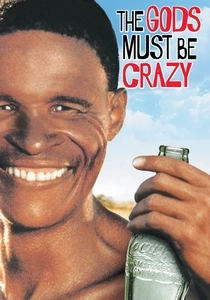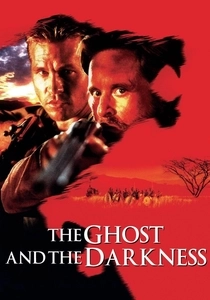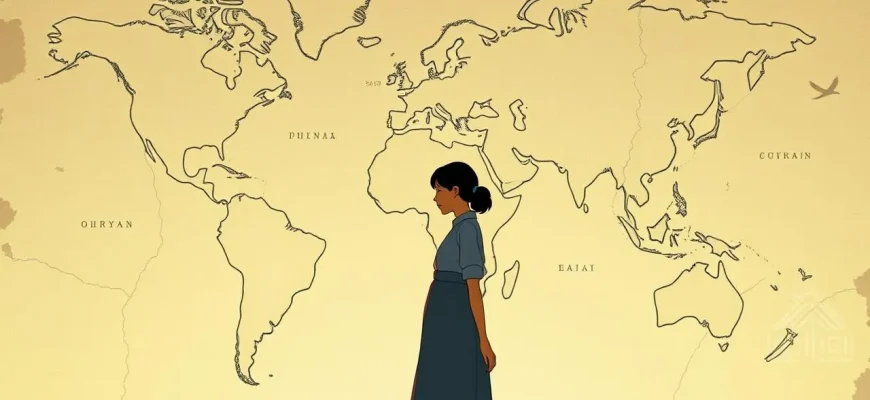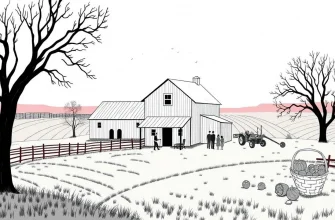The theme of colonization has been a rich vein for filmmakers to explore, offering a lens through which we can examine the complexities of human nature, cultural clashes, and the moral ambiguities of empire-building. This curated list of 10 films delves into the heart of colonization, presenting stories that are both poignant and thought-provoking. From the personal struggles of individuals caught in the tide of history to the broader implications of colonial rule, these films provide a cinematic journey through time and space, shedding light on the human cost of expansion and the resilience of those affected by it.

The Man Who Would Be King (1975)
Description: Based on Rudyard Kipling's story, this film follows two British adventurers in colonial India who set out to become kings in a remote part of Afghanistan, exploring themes of imperialism and hubris.
Fact: The film was shot in Morocco, with the Moroccan Atlas Mountains standing in for the Kafiristan region.
 Watch Now
Watch Now 
The Gods Must Be Crazy (1980)
Description: This comedy-drama explores the cultural clash when a Coca-Cola bottle falls from the sky into a remote African tribe, leading to a journey that satirizes the impact of Western civilization on indigenous cultures.
Fact: The film was a surprise international hit, becoming one of the most successful South African films ever made.
 Watch Now
Watch Now 
The Mission (1986)
Description: This epic drama explores the conflict between Jesuit missionaries and Portuguese slave traders in 18th-century South America, showcasing the moral dilemmas of colonization and the impact on indigenous populations.
Fact: The film's score by Ennio Morricone won the Golden Globe for Best Original Score and was also nominated for an Academy Award.
 Watch Now
Watch Now 
Black Robe (1991)
Description: Set in the 17th century, this film follows a Jesuit priest's journey into the Canadian wilderness to convert the Huron people, highlighting the cultural misunderstandings and the harsh realities of colonial life.
Fact: The film was shot in the harsh winter conditions of Northern Ontario, providing an authentic backdrop to the story.
 Watch Now
Watch Now 
The Last of the Mohicans (1992)
Description: Set during the French and Indian War, this film explores the clash between European settlers and Native Americans, focusing on the survival and cultural identity of the Mohicans.
Fact: The film's score by Trevor Jones and Randy Edelman was highly acclaimed, and the film itself was nominated for several Academy Awards.
 Watch Now
Watch Now 
The Ghost and the Darkness (1996)
Description: This film, while primarily a thriller, touches on the theme of colonial engineering projects in Africa, with the story of two man-eating lions disrupting the construction of a railway bridge in Kenya.
Fact: The film is based on a true story, and the lions' skins are now on display at the Field Museum of Natural History in Chicago.
 Watch Now
Watch Now 
Rabbit-Proof Fence (2002)
Description: Based on a true story, this film follows three Aboriginal girls who escape from a government camp where they were forcibly taken to be assimilated into white society, highlighting the harsh policies of the Australian government towards indigenous people.
Fact: The film was shot in Western Australia, following the actual path the girls took, and it helped bring attention to the Stolen Generations.
 Watch Now
Watch Now 
The White Countess (2005)
Description: While not directly about colonization, this film set in 1930s Shanghai captures the atmosphere of a city under colonial rule, exploring the lives of expatriates and locals during a time of political upheaval.
Fact: The film was directed by James Ivory, known for his period dramas, and features a rich tapestry of characters from different backgrounds.
 Watch Now
Watch Now 
The New World (2005)
Description: This film captures the initial encounter between the English settlers and the Powhatan tribe in Virginia, focusing on the love story between John Smith and Pocahontas, offering a nuanced look at the early days of colonization.
Fact: The film was shot on location in Virginia, where the actual events took place, and it features a unique score by James Horner, which was nominated for an Academy Award.
 Watch Now
Watch Now 
The Lighthorsemen (1987)
Description: This Australian film tells the story of the Australian Light Horse Brigade's charge at Beersheba during World War I, highlighting the colonial soldiers' role in the Middle Eastern campaign.
Fact: The film features one of the largest cavalry charges ever filmed, with over 500 horses involved in the re-enactment.
 30 Days Free
30 Days Free 








